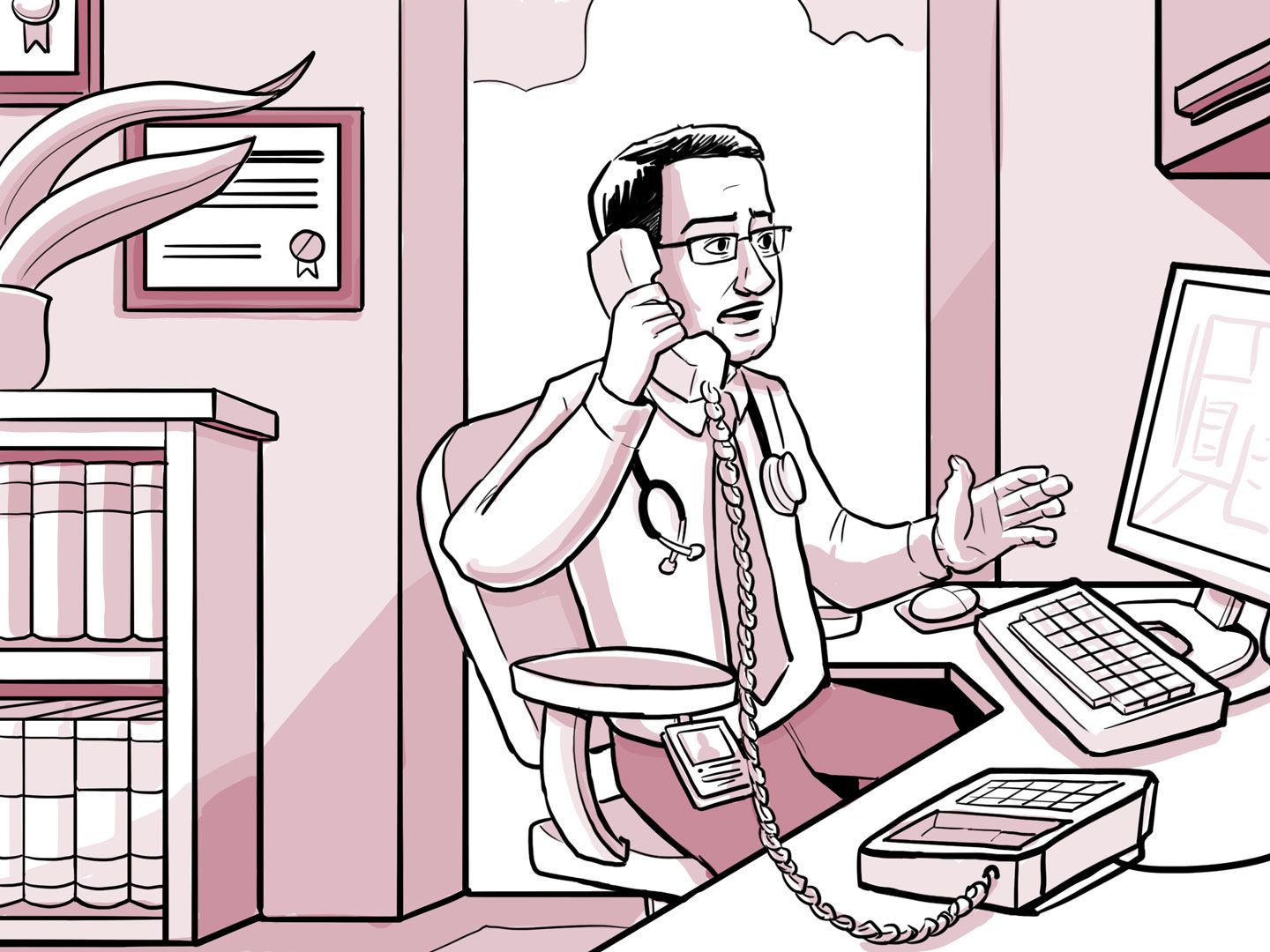The next month
Nia is 19
The next month
Nia is 19
Nia can’t get a transfusion this month, because the clinic doesn’t have the type of blood that her body won’t attack. The clinic keeps searching for blood for Nia.
Alloimmunization makes it hard to find blood for your transfusions.
If your body attacks red blood cells from a donor’s blood, your doctors need to help you find blood that your body will not attack.
- The blood transfusion clinic and its blood supplier (example: American Red Cross) will start looking for blood that can work for you.
- You might not be able to get your next transfusion on time.
Alloimmunization is a common problem.
- Your white blood cells (immune system cells) can attack red blood cells that come from a donor’s blood.
- Your body destroys the donor’s red blood cells.
- This means the transfusion did not work.
You will not be able to get transfusions with the same blood type.
After alloimmunization, you have antibodies to the markers (antigens) of the red blood cells in the donor’s blood from the transfusion that caused the alloimmunization.
- Red blood cells have a type (blood group or phenotype).
- The “type” describes what markers (antigens) there are on the surface of your red blood cells.
- Red blood cells need to have matching markers (antigens). Some of these antigens are called C, E, and K.
- After alloimmunization, you have antibodies to the markers (antigens) of the red blood cells in the donor’s blood from the transfusion that caused the alloimmunization.
- There can be fewer blood donors who have the blood type you need.
After alloimmunization, a different blood type will need to be found for your transfusions.
